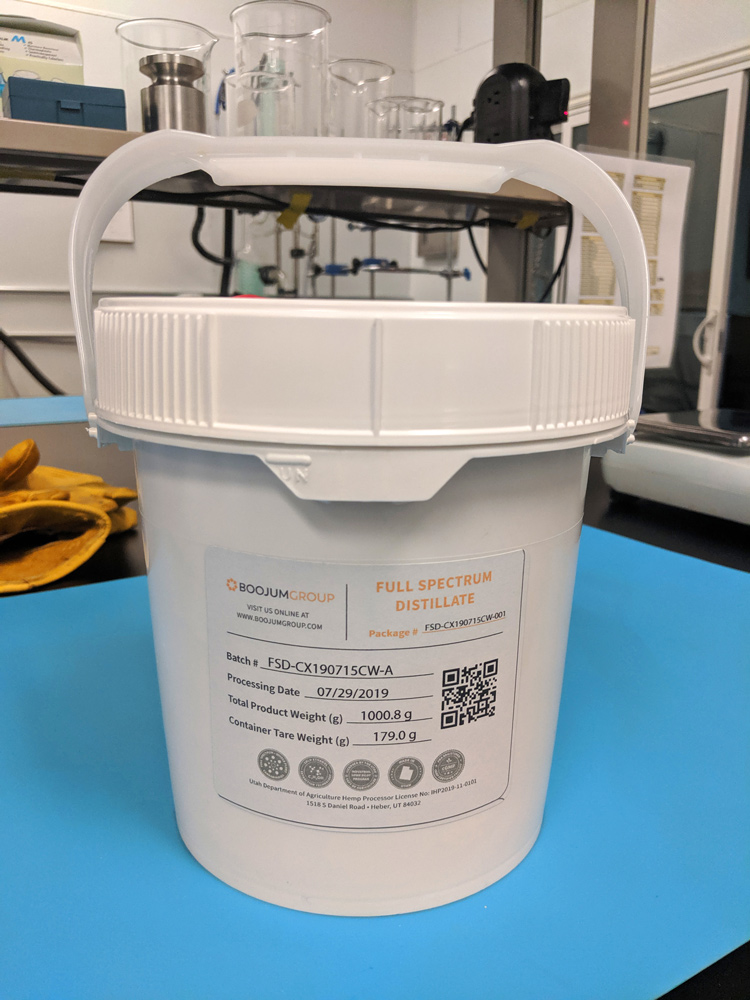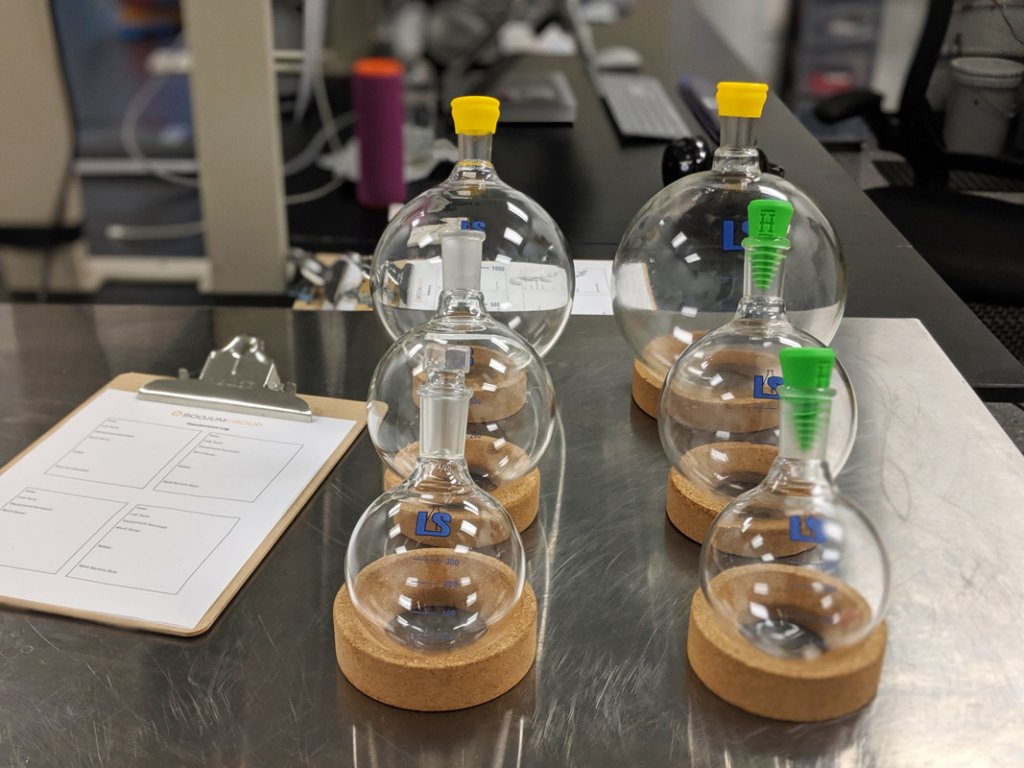The CBD market in America today is new and largely unregulated, making the industry playing field sometimes seem like a free-for-all. Companies and individuals on every step of the cannabis ladder are scrambling to either comply with the newly evolved laws, or to make a quick buck until those laws catch up with them. It’s in the interest of all legitimate businesses, from hemp farms to CBD retailers, to work with other reputable companies to invest in the future of the industry. Ensuring high quality products leads to consumer trust – one of the most important factors in staying power as the industry stabilizes and becomes more regulated and accountable.
Vendors can contribute to the legitimate cannabis industry by ensuring clients are registered and licensed according to the laws in their state. Buyers, however, have a few more red flags to watch out for when purchasing wholesale CBD, and should take precautions against buying oil that is low quality, inaccurately labelled, overpriced, or even dangerous to consumers. Here are a couple rules of thumb that will help you assess potential processors, and ensure that you get the best product from qualified manufacturers.
Are they cGMP compliant and FDA registered? Do they have state licenses from the Department of Agriculture?
First and foremost, anyone properly processing cannabis should be able to easily produce any regulatory licenses or manufacturing permits that they are required to have to do business in their region. This is important not only because it protects you, as the buyer, but also because it provides proof of adherence to operational standards. At Boojum Group, all of our products are delivered with an easy to scan QR code, allowing our clients to quickly access a compliant chain of custody for that specific batch. Meeting the requirements for a permit should be the lowest bar for a processor to meet, so if they can’t do that, there are likely larger issues at play. Additionally, permits and licenses from the powers that be imply that a company’s products are tested and facilities inspected – measures meant to protect buyers and consumers.

Do they know their farmers?
When buying CBD oil at any level, consumers should be able to trace their products back to the farm. Reputable manufacturers don’t usually grow their own hemp, but they DO know where it comes from (and might even show you seedling photos like proud parents). Any hemp that is going to be used in CBD oil should be grown in the US using organic methods. Knowing who’s farm the plants come from means knowing they are sustainably grown and pesticide free – and that should be important to processors and consumers alike.

Do they have a full panel of COAs?
Even when the plant’s origins are clear and processing methods established, a good manufacturer will test every batch of product. Getting a COA (Certificate of Analysis) from a licensed third party testing facility should be par for the course. From soil to oil, plants should be monitored and tested for pesticides, microbials, mycotoxins, and moisture content, in addition to their cannabinoid profiles. Processors should be able to easily provide results upon request. If these are unavailable, look doctored, or are from a source you don’t trust, do a little investigation and be ready to walk away.
The Laboratory: fact or fiction?
Another way to tell if you’re dealing with actual manufacturers seems obvious, but there are enough shady operations out there to make it a legitimate question. Do they have a real, brick and mortar facility? Processing has to be done somewhere, which means every processor should have a lab with a dedicated address. Reputable companies are proud of their products and facilities, and it shows. Look for lab photos, set up a meeting, or ask to see product at the facility. Not all manufacturers will give tours of their facilities, but they should be able to furnish plenty of evidence that they are running a clean and compliant lab. If their facility is not even photographable, do you really want to buy what comes out of it?

Is anything too good to be true?
Another red flag to look out for is manufacturers who make false claims. Whether it’s a lie about how much they can produce, or claims about the unverified health benefits of CBD oil, someone who promises too much too quickly should be approached with suspicion. We are all here because we wholeheartedly believe that cannabis, and CBD in particular, holds great promise for human health and sustainability. As more and more research is done on cannabinoids and their benefits, the possibilities only increase, and it’s tempting to tout the good news. It is important to note, however, that citing a study where CBD showed anti-tumoral properties is not the same as saying “CBD cures cancer.” Stay away from the latter (which is not only dishonest, but also an FDA violation), and you’re more likely to find companies that value consumer trust and scientific integrity over making a quick buck.

Let’s work together
As cannabis culture trends more mainstream and governments step in to regulate the industry, reputable companies know that it’s in the interest of all stakeholders to collectively raise public confidence by offering high quality products with scientific knowledge and paper trails to back them up. Follow your gut (and these guidelines) to sidestep the scammers and outlaws trying to take advantage of the current Wild West nature of the cannabis world. Transparency is key, and reputable manufacturers will be happy to share licenses, COAs, photos, and knowledge about their products. Here at Boojum Group, we are proud of our products, and it shows. If you have any questions about CBD extracts or the buying process, please get in touch with me, Olivia, at info@boojumgroup.com.

I was very pleased to find this web-site.I wanted to thanks for your time for this wonderful read!! I definitely enjoying every little bit of it and I have you bookmarked to check out new stuff you blog post.
Thanks! More great articles coming soon
Keep working ,remarkable job!
Thank you!